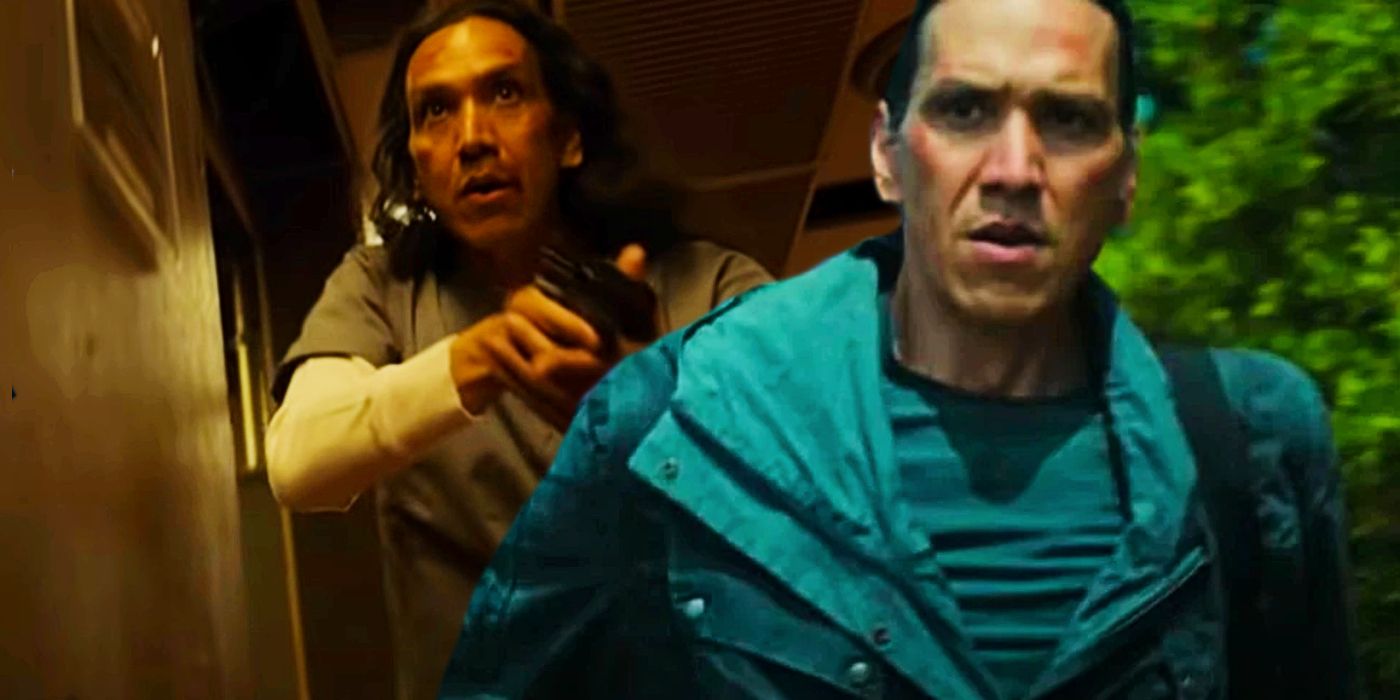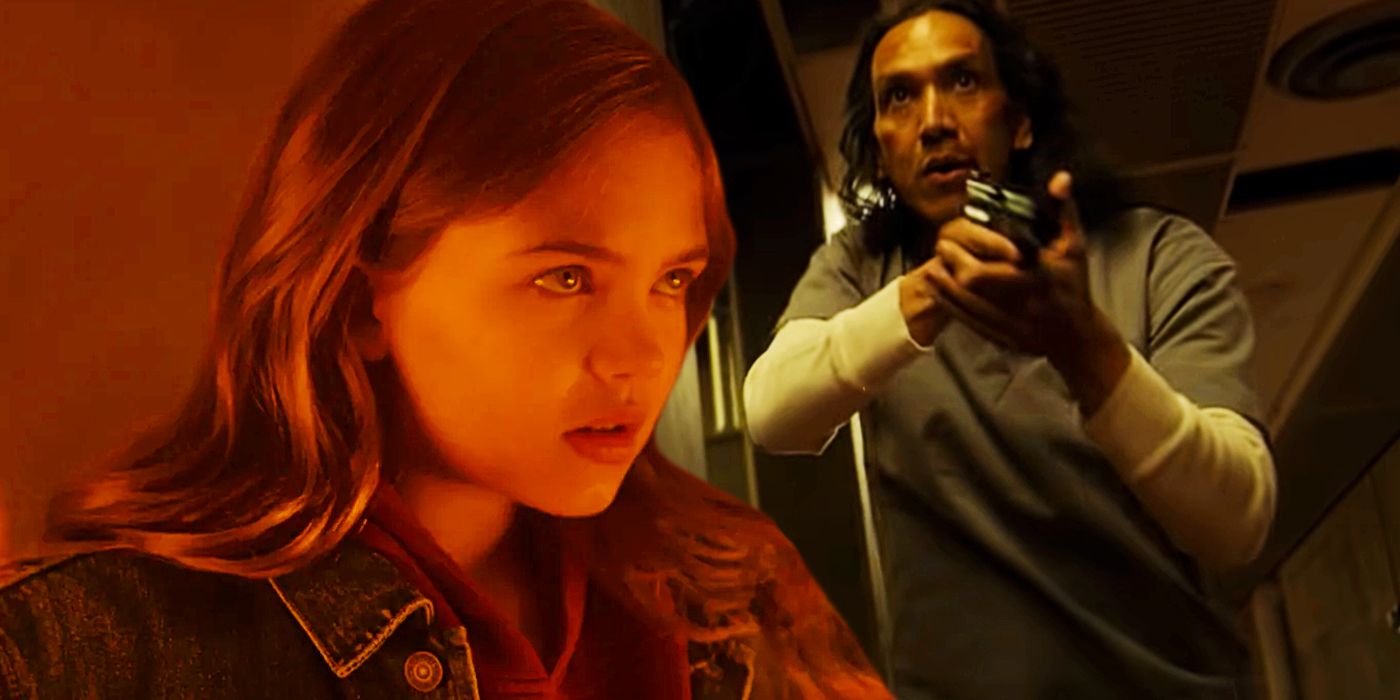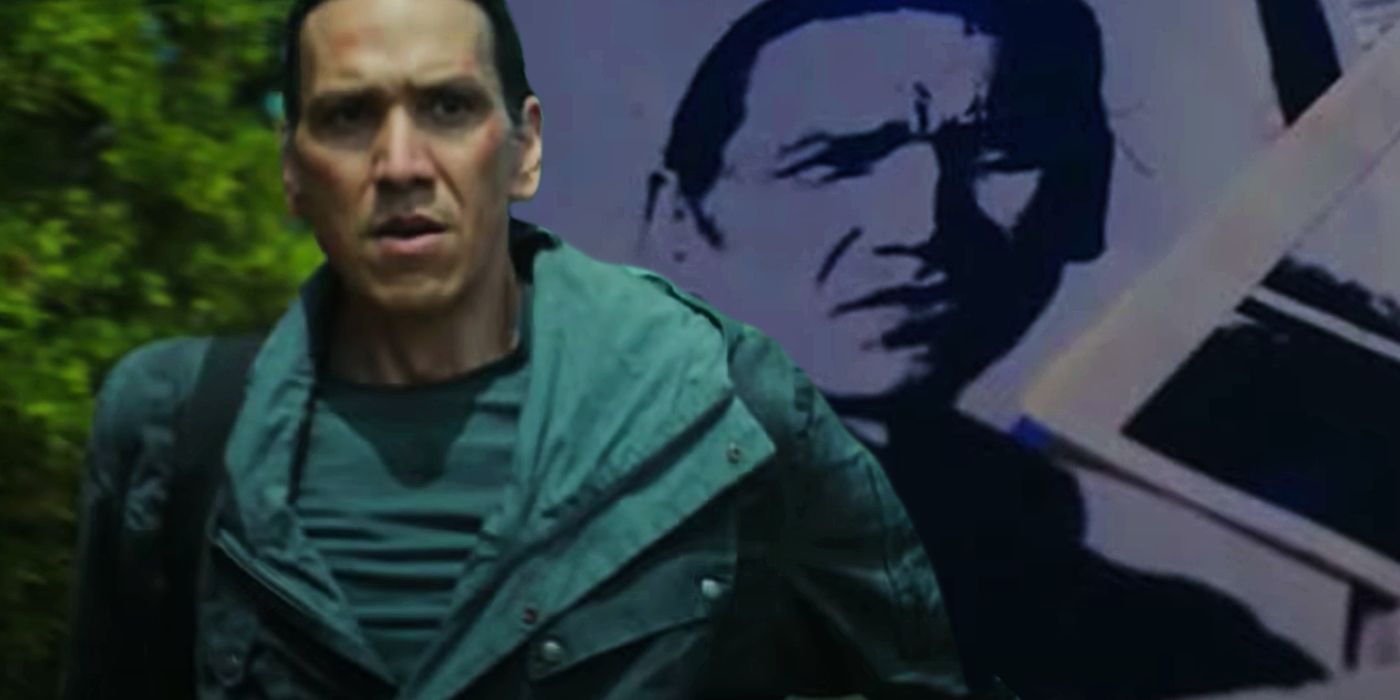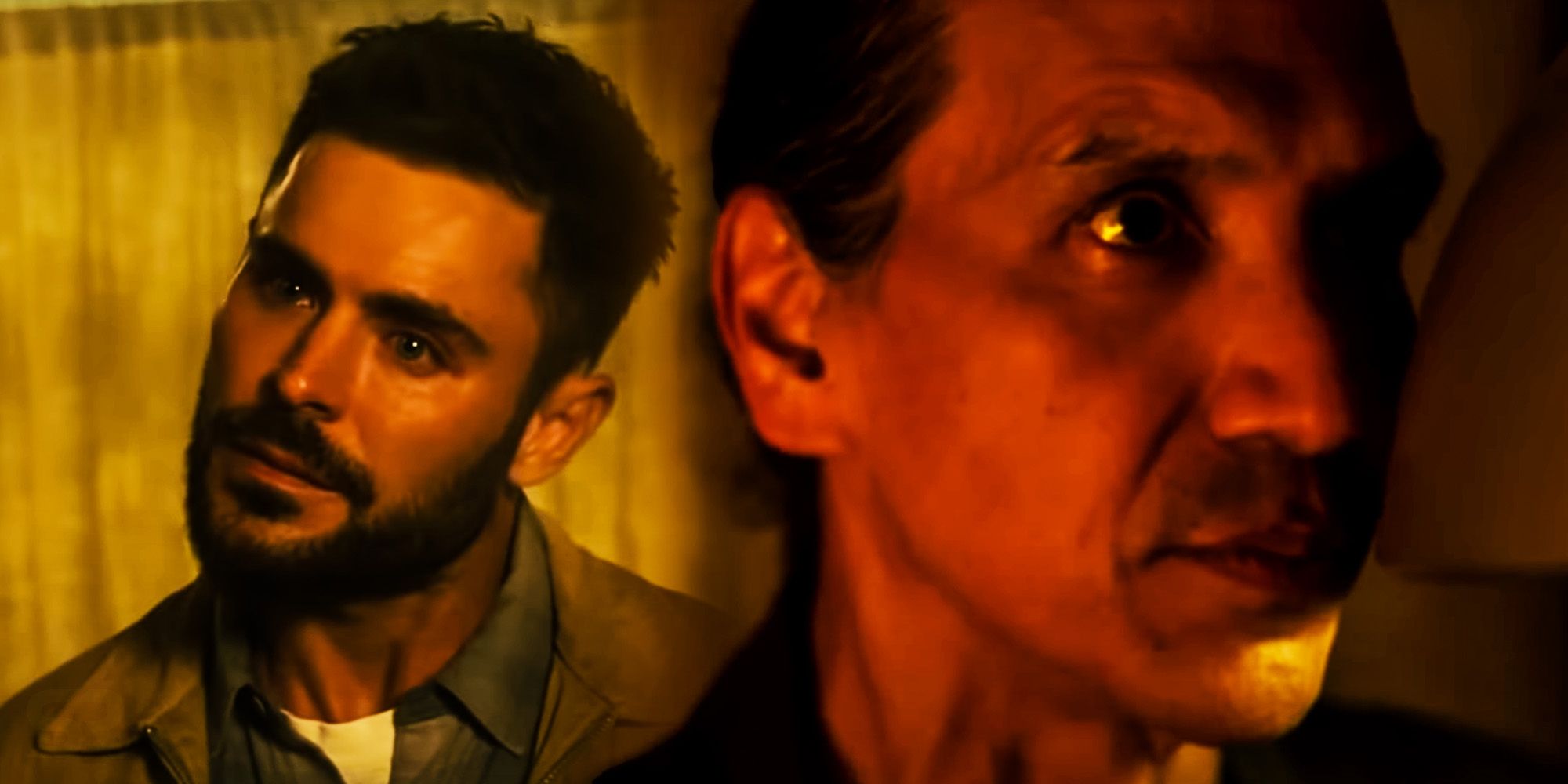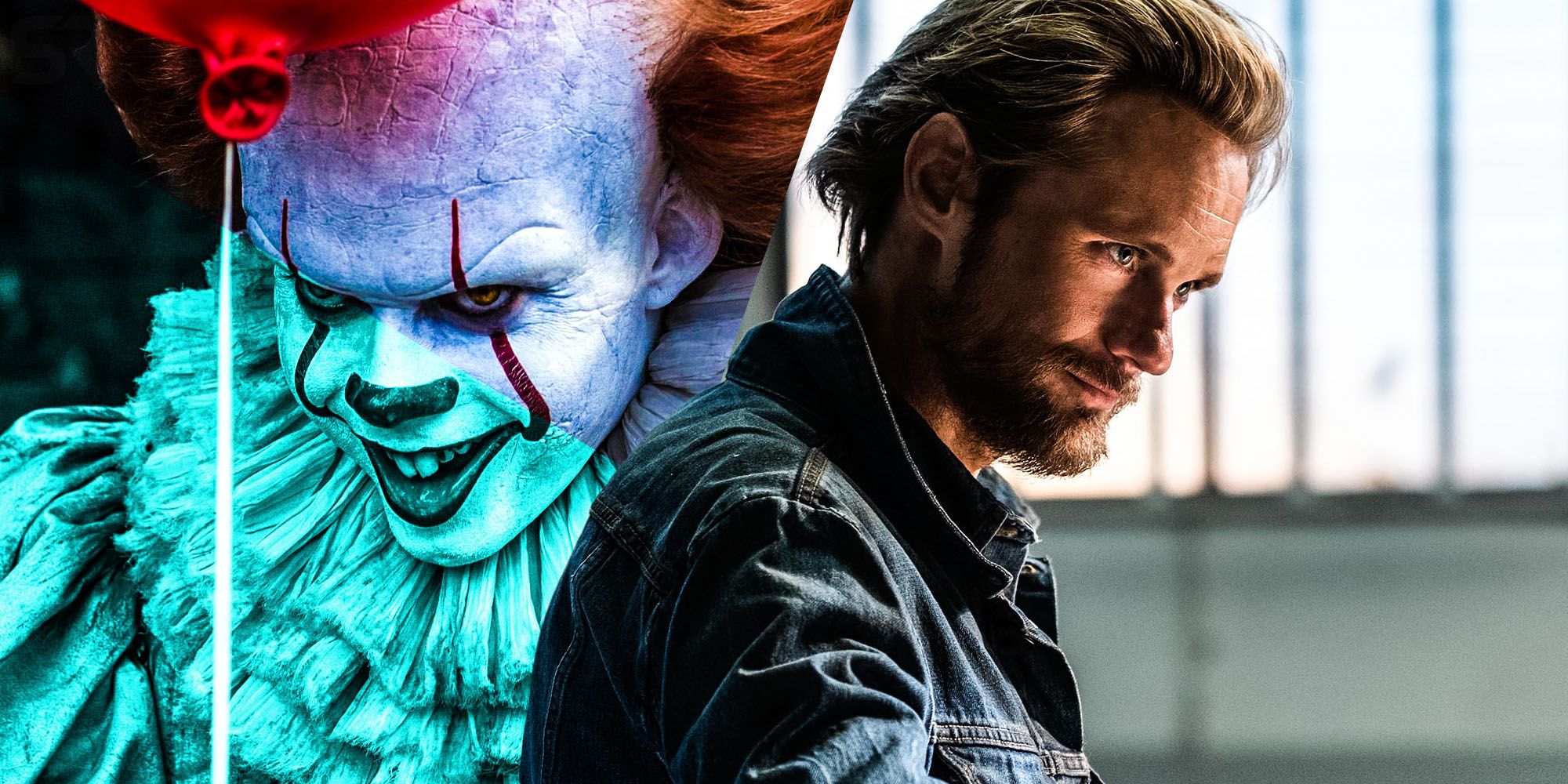Despite improving some of the elements of the character, Firestarter's 2022 remake ended up ruining one of Stephen King’s best villains and, in doing so, the movie contributed to an unfortunate trend among recent adaptations of the horror writer’s work. It is not hard to ruin a classic horror villain. While it can take a lot of work for a movie, novel, or television series to come up with an original, authentically unsettling villain to terrify audiences, all it takes is one misjudged moment to ruin their mystique and make the monster un-scary.
In the Friday the 13th franchise, sending Jason Voorhees to space in the critical failure Jason X proved that the Camp Crystal Lake killer only worked on earth, while the Halloween remake's attempting to establish the backstory of Michael Myers instead just proved that his status as an enigma was all that made the original character scary. Similarly, Stephen King adaptations such as 2020’s The Stand and It: Chapter 2 have taken villains who worked in the horror author’s iconic source novels and reduced them to self-parodies. Unfortunately, Firestarter’s 2022 remake can now be added to this ignominious list.
For most of the story, Firestarter’s main villain is Rainbird, an assassin who hunts down the pyro-kinetic child Charlie and kills her parents. Technically, the Shop (a pretty obvious CIA stand-in) is the big-picture villain of Firestarter, but for most of the movie’s story, it is Rainbird who pursues Charlie. Rainbird, like his fellow child-hunting horror villain Freddy Krueger, has a backstory that makes the character's motives easier to understand and harbors a twisted belief that what he does is morally justifiable. However, most of this is lost in the Firestarter 2022 film, which wastes a superb Michael Greyeyes performance in the role and ends up betraying the character of Rainbird as badly as The Stand let down Randall Flagg and It: Chapter 2 rendered Pennywise laughably un-scary.
Why Firestarter's Rainbird Is One Of King's Best Villains
Rainbird has always been one of King’s more complex antagonists as a badly-scarred Native American Vietnam veteran who took his talent for killing and parlayed it into working for the Shop. He’s a tragic figure in the original novel but still unequivocally a lethal, heartless killer and, although he has a sympathetic backstory and a fascinating relationship with Charlie (he genuinely befriends her to understand her power better, convinced he can gain it once she dies), he still murders her father. Firestarter 2022 could have fixed an 80s Stephen King mistake by making the character less of a monster, but in the remake, Rainbird still murders one of Charlie’s parents in cold blood. However, where in the novel Rainbird’s surprisingly sympathetic portrayal and his vicious lethality make his showdown with Charlie all the more satisfying, in the remake, his character is completely inconsistent and woefully unthreatening as a result.
What Firestarter 2022 Got Right About Rainbird
Firestarter’s 2022 remake changes Rainbird's relationship with the Shop, making him less trusting of them and making Rainbird's motivations more understandable in the process. He’s a man with few other options beyond killing for pay and Michael Greyeyes is stellar in the role, cold and uncaring whereas George C Scott's 1984 version of the character was campier, more creepily obsessed with Charlie, and far less empathetic as a result. However, much like It: Chapter 2's biggest mistake was tonal inconsistency that made the sequel less scary than its predecessor, Firestarter’s villain change issue showcases a desperation to make Rainbird more empathetic that eventually results in him becoming completely watered down as a figure.
Where Firestarter 2022 Fails Rainbird
Firestarter’s 2022 remake tries to make Rainbird more empathetic as he kills Charlie’s mother (but not her father) and ends up imprisoned by his employers in an under-explained twist. However, the remake takes this too far, with Charlie not only choosing not to kill Rainbird, but the hitman becoming a surrogate father to her when he survives the movie and carries her away from the smoldering remnants of the Shop. Ultimately, there’s no getting past the fact that Firestarter's 2022 remake ends with Rainbird and Charlie walking away from the villain’s lair together even though he murdered the child’s mother not a week earlier. The Stephen King adaptation’s biggest problem is this failure to redeem Rainbird, particularly when he is indirectly responsible for the death of Charlie’s father. Since Rainbird tricked Charlie into invading the Shop to rescue her father by pretending to be him and sending her psychic visions, the villain is technically responsible for the death of both of her parents. This contrasts with the subplot in the 1984 original Firestarter wherein Rainbird, disguised as an orderly, wins Charlie over by regaling her with stories of his time as a POW during the Vietnam war.
Seasoned screen veteran Scott and the preternaturally talented Barrymore make these genuinely chilling scenes sing, and jettisoning the plotline is the worst decision made in the Firestarter remake. Neither Greyeyes nor newcomer Ryan Kiera Armstrong have the same chance to flesh out their dynamic, making the remake’s villain less insidious. As a result, the remake's Rainbird is both less creepy and less interesting, which wouldn’t be as galling problem if it weren’t for the Firestarter's 2022 remake excusing Rainbird’s crimes. Charlie joins forces with him in the end despite Rainbird doing nothing to convince her he regrets his actions and, while the moment is intended to convey that both victims of the Shop have found common ground in their struggle, it falls flat when most of Charlie’s worst blows have come directly or indirectly from Rainbird himself. The equivalent would be It: Chapter 2 ending with the children Pennywise killed and the monstrous clown bonding over their shared experience of hating life in Derry, as if the former wasn’t responsible for most of the latter’s suffering. Charlie ignoring or excusing Rainbird's role in her parent's death doesn't just ring false, but instead, it makes much of the preceding revenge rampage pointless.
Why Adaptations Keep Failing Great King Villains
The Stand's disappointing Randall Flagg, It: Chapter 2's final Pennywise form and now Firestarter 2022’s version of Rainbird are all proof that Stephen King universe adaptations have recently struggled to make their villains work. This could be because all three of these examples have needed to differ from both their earlier screen incarnations and their novel counterparts, resulting in them losing what made the original characters work. Tim Curry’s Pennywise was iconic and Bill Sarsgaard managed to make the role his own in It, meaning it was not shocking that the sequel was unable to maintain this level of threat with It: Chapter 2's goofy spider monster form (the only Pennywise form even the original miniseries did better). Similarly, the Rainbird of the Firestarter 2022 remake had to be different from George C Scott’s larger-than-life 1984 version of the character while also diverging from the original King novel’s villain. This left Michael Greyeyes with the unenviable job of playing a character who was both a complete monster and a redeemable antihero, a balance that Firestarter's 2022 remake inevitably failed to pull off and one that led to the Stephen King remake missing a killer villain.

